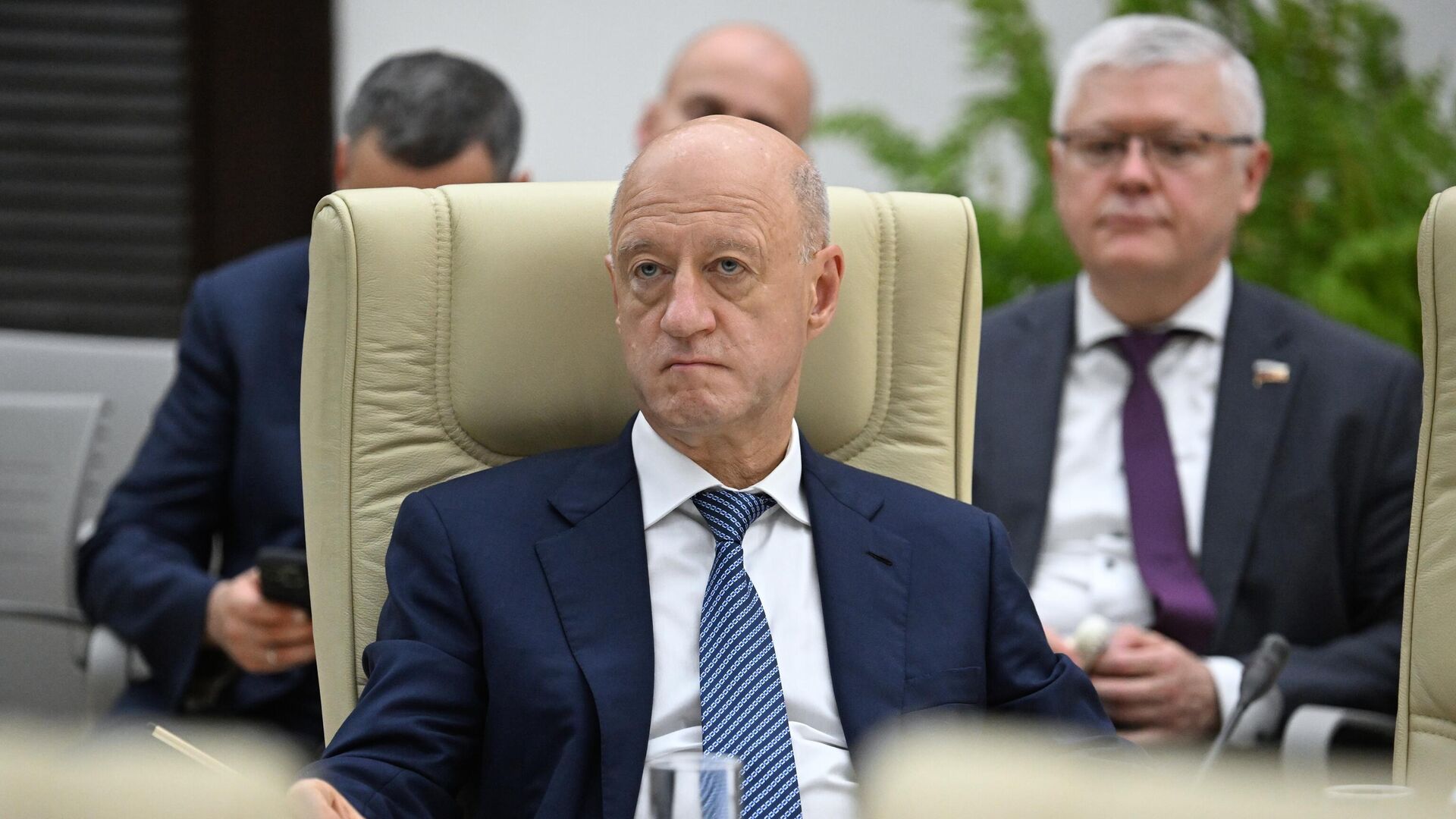
State Duma Deputy Anton Nemkin, a member of the Committee on Information Policy, has issued a warning regarding the use of VPN services. In a conversation with RIA Novosti, he stated that these services do not provide full anonymity online and offer no safeguard against threats such as phishing attacks or viruses.
Nemkin further noted that VPN providers themselves have the capability to collect and potentially sell data concerning user activity. While acknowledging that VPNs do encrypt internet traffic, he clarified that this encryption does not render a user invisible or fully secure on the web.
He specifically pointed out that VPN usage does not protect against various forms of malware, including phishing attempts, viruses, harmful browser extensions, or Trojan programs that could infect a device through external sources.
According to the deputy, many users hold a mistaken belief that VPNs grant absolute anonymity. This misunderstanding, he cautioned, leads to significant security errors. Examples include accessing personal accounts while connected to public VPN servers, saving passwords directly in browsers, and failing to delete cookie files. These actions, he warned, effectively negate the privacy benefits that traffic encryption might otherwise provide.











